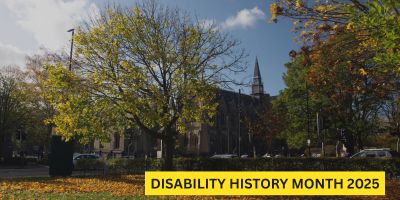Aidan Foster-Carter discusses discontent towards education in South Korea
Aidan Foster-Carter explores the levels of dissatisfaction among major stakeholders of the South Korean education system.
Despite positive rankings in the Programme for International Student Assessment (PISA), and praise from President Obama, there still appears to be a great disparity between ‘on the ground’ local perceptions of education and those with an outsider view.
Entitled "South Korea education war heats up", Foster-Carter addresses the sharp contrast to these findings: “in South Korea, education is regarded as being in crisis. None of the stakeholders - be it parents, pupils, teachers, employers, or government - are happy with the status quo”.
He continues on to describe the causes of this negative view which include:
Success, at a price- “Studying from 8am till 11pm is common. Large classes and rote learning are the norm; some teachers still hit pupils.”
A militant union- There remains a struggle with the radical teachers' trade union, which has been described as being in ‘fighting mode’. The recent tragic sinking of the ferry Sewol, where 304 teenagers drown, has added pressure to the already strenuous relationship.
Electing the educators- 2006 saw a liberal administration extended local democracy, which unusually included educational superintendents being elected in major providences and cities.




